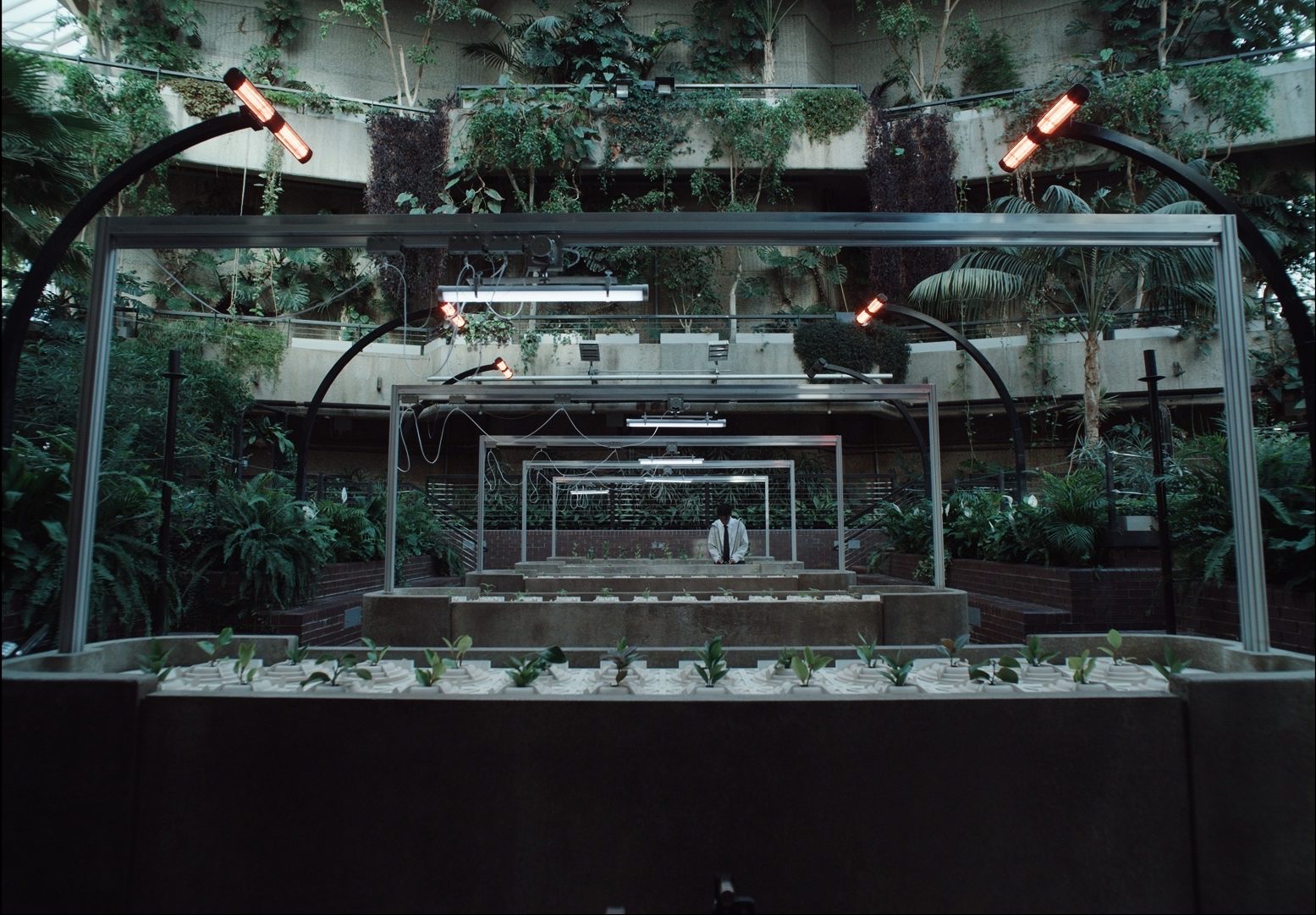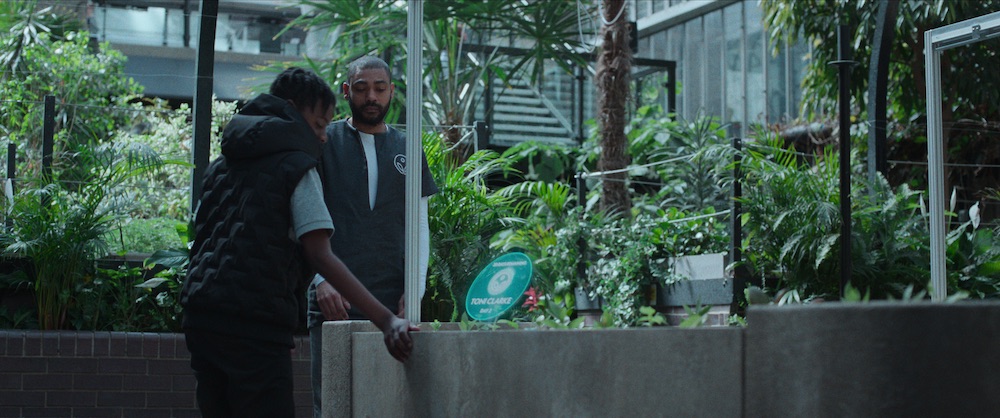Netflix’s ‘The Kitchen’ takes the audience to a dystopian world where the socio-political paradigms have shifted completely in favor of the rich, with the poorer sections of the society left to fend for themselves as even social housing is removed from the equation. In this world, we follow the story of Izi, who is a resident of the last social housing, called the Kitchen, and wants to get out of there by being able to afford a place for himself. He saves money he makes from working at a funeral place called Life After Life. Its namesake exists in the real world, too.
The Kitchen’s Life After Life Has a Real-Life Counterpart
Life After Life in ‘The Kitchen’ is a funeral place that offers its customers the option of cremating the dead, with the ashes being used in the plants that are grown in the name of the deceased. This way, the people who have died can live on through those plants. In the real world, there is an organization that offers a similar option.

Life After Life offers its customers natural burials without the use of “embalming fluid, ornate caskets, or burial vaults. Instead, remains are placed bare directly into the earth, within a biodegradable vessel, or in a simple compostable burial shroud, allowing the body to decompose naturally.” The loved ones of the deceased can choose the plants they want, which would be the deceased’s way to do the last good deed for the planet.
Through natural burials, the organization aims to make funerals environmentally friendly and help heal the environment. People get to choose the plants as well as the plots where those plants will be grown, becoming not just their loved one’s graves but also a place where life grows through them. With this effort, the organization aims to create memorial parks where the dead have given way to life.
It is unclear whether the writers of ‘The Kitchen’ were inspired by the real-life Life After Life to create its version in the dystopian world. It is possible that the resemblance between the two is entirely coincidental, as the film’s version has a slight difference in the way funerals are conducted. Because of its dystopian setting, Life After Life in ‘The Kitchen’ has also become a corrupt version of what it should be.
Izi reveals that though the plants in the name of the deceased are chosen and grown in the nurseries, it doesn’t necessarily mean that these plants will grow up to become trees. In fact, there is no accountability when it comes to the plants. The company is not averse to abandoning the plants once the funeral is over and customers are gone. This detail is created to serve the darkness of the dystopian world Izi lives in and bears no resemblance to the ethics of the real-life Life After Life.
Read More: The Kitchen Tribute: Who Was Jono? How Did He Die?


You must be logged in to post a comment.